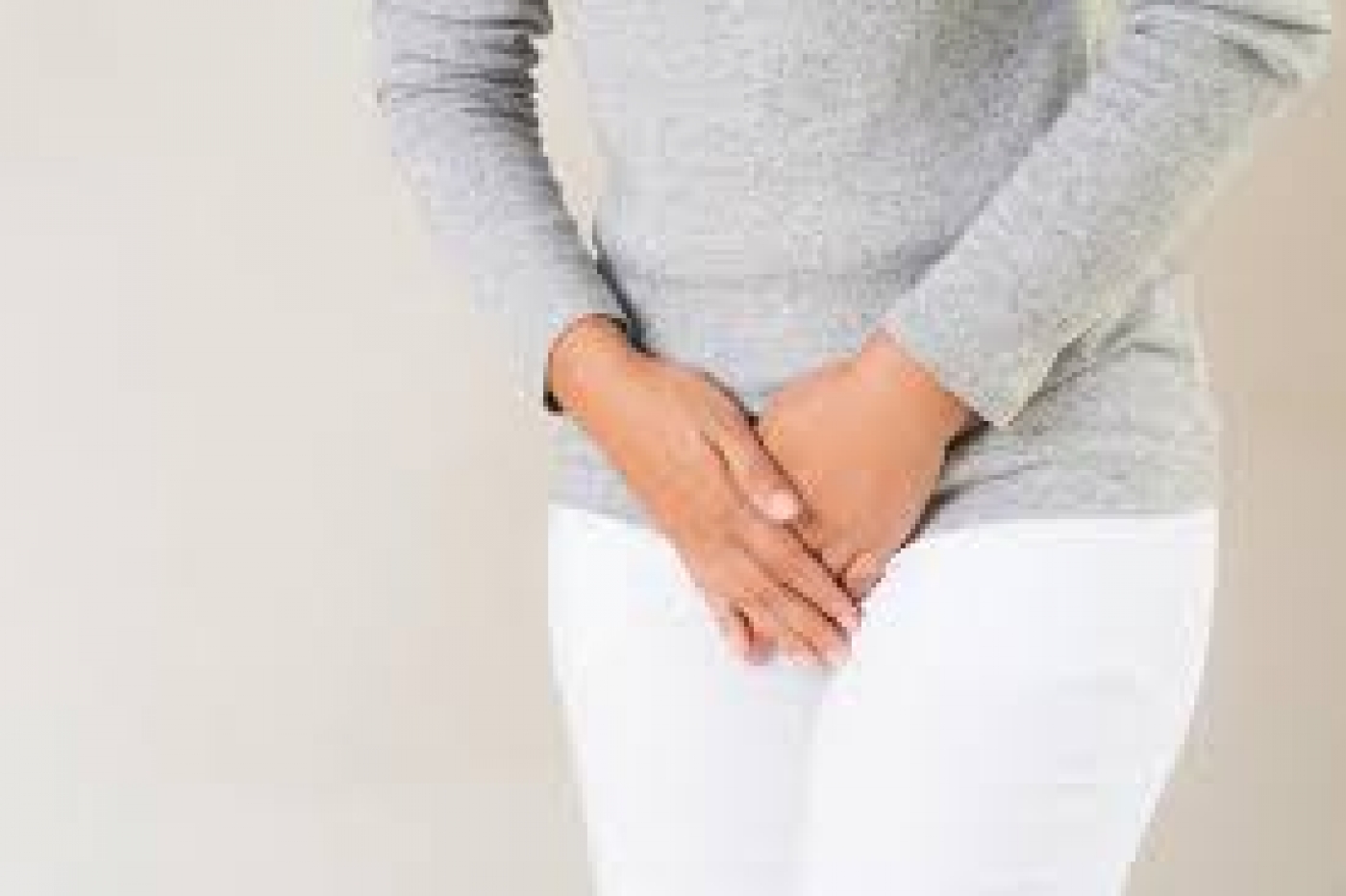Speaking in an interview with PUNCH HealthWise, Ogah however, urged Nigerians with the health condition to seek treatment, noting that urinary incontinence can be reversed if treated effectively.
Urinary incontinence, he said, is the inability to control one’s urine as control over the urinary sphincter is either lost or weakened.
“Normally before a person passes urine, you have to decide that the time is appropriate, the environment is appropriate and you decide consciously to pass urine.
“When you are not ready to pass it, then you hold it until it’s convenient but when the urine comes out on its own without you being in total control, we will say it’s urinary incontinence.
“The causes depend on the age of children. Some children are born with it and we call it bedwetting, we have some children who bed wet when they go to bed and they outgrow it when they become older but some children bed wet all through the time they are in secondary school and their classmates will make jest of them.
“We have adults who bed wet but the causes differ for both male and female”
Explaining, the urologist said when a lady is bedwetting, it may be because such a person has urinary problems from the brain and is unable to control her urine.
“Even at night, they produce excess urine or ladies may bed wet because they have something blocking the exit of the urine from their bladder when you have a urethral infection,” he said.
He added that fibroid can also expand the uterus and press against the bladder, reducing its capacity to hold urine or block the outflow for urine to pass.
“For men, bedwetting is not as common as it is for women or children. When a male adult bed wets, it is because they have an enlarged prostate which is blocking their flow of urine so that when they lie down, the urinary bladder is distended with urine and will not be able to control the urine.
“So an old man who is 60 or 75 goes to bed and wet it usually because there is a blockage on the urinary flow due to prostate.
“Then a man may also have urinary incontinence after a prostate operation,” he said.
Ogah further said elderly women can have urinary incontinence if they have a prolapse.
“After they give birth to lots of children, after menopause, the pelvic floor of the virginal wall is weak and you find that the womb tends to come down and we call that urethral prolapse,” he said.
The expert advised that when one experiences urinary incontinence or changes in urination, it is better to consult the doctor or healthcare provider as soon as possible.
He noted that the condition can be treated with a variety of medications and surgery.
“If women have urinary incontinence due to prolapse, you treat it either by conservative means or by surgery. If they have fibroid causing incontinence, they can also treat it. There are also drugs you can take that will control it.
“When elderly men have incontinence due to enlarged prostate, we treat it either by medication or with an operation.
“For both men and women, there are also artificial urinary sphincters you can put to prevent incontinence,” he said.
A study carried out on the prevalence, quality of life assessment of urinary incontinence among women dwelling in a rural community in Southwest, Nigeria showed that urinary incontinence is a debilitating disease that impacts on quality of life of affected individuals.
The researchers led by Dr. Olajide Abiola of the Department of Surgery, Bowen University Teaching Hospital, Ogbomoso, Oyo state said in most rural communities in Nigeria, there are limited health care resources to managed patients with such debilitating conditions which required specialised care.
“Prevalence was 12.6 per cent and stress urinary incontinence was the commonest type. Poor quality of life was reported in 65.5 per cent of those afflicted with urinary incontinence. The worsening quality of life had positive correlates with age, amount of urine loss, frequency of urine leakage, and International Consultation on Incontinence Questionnaire scores. Perceived bothersomeness of symptoms were associated with ICIQ score of ≥8,” the study said.
The researchers noted that the most prevalent type of urinary incontinence was stress UI (58.6 percent), followed by urge UI (27.6 percent) and mixed UI (13.8 percent).
“This finding further corroborated earlier reports from epidemiological studies of UI in Nigeria in which stress incontinence was the commonest type of UI among women with UI.5,” they said.
Source: HealthWise







